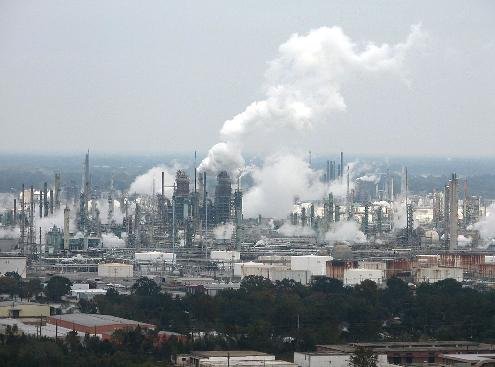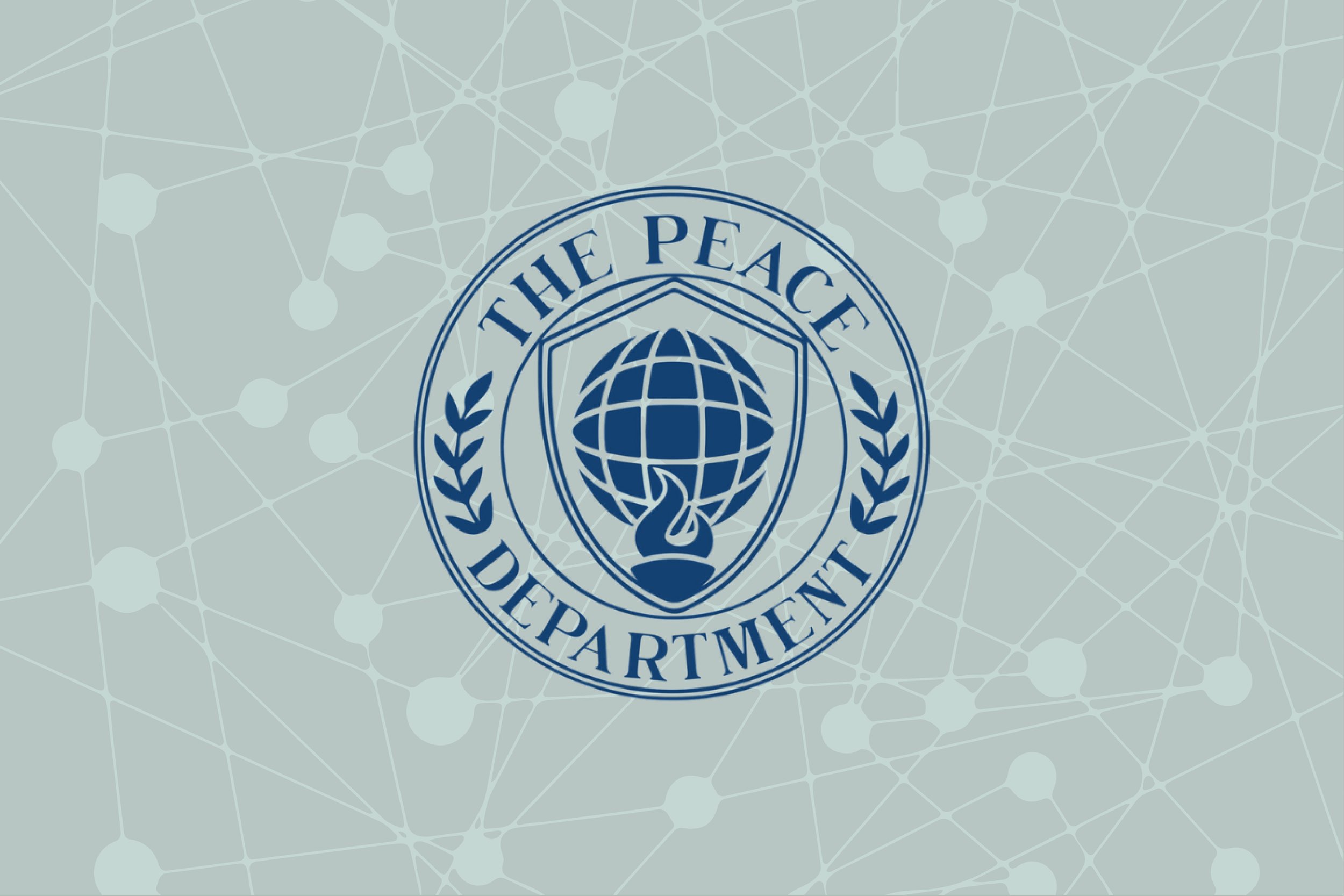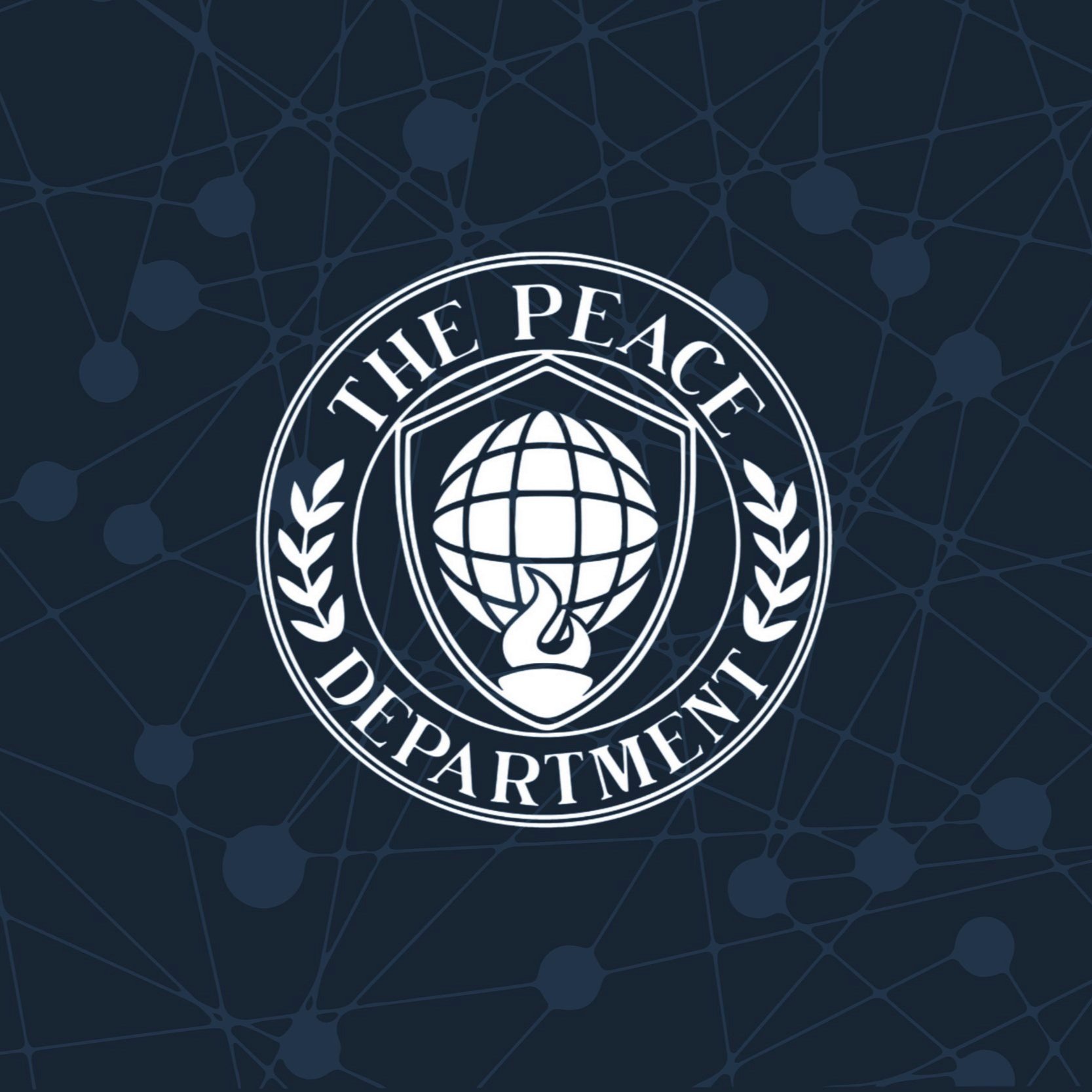The SDG Pulse: June 2025
Unlocking Urban Finance for Jobs and Growth
The World Bank highlights innovative mechanisms to mobilize urban financing—from municipal bonds to blended public-private models—to finance sustainable infrastructure in growing cities. Such investments unlock job creation, economic opportunity, and equitable service delivery in transit, housing and climate resilience. The blog offers real‑world examples where unlocking capital catalyzed transformative urban development.
States Challenge Federal Rollbacks on Environmental Data
With the federal government scaling back environmental oversight, DeSmog highlights how states are stepping into the breach—collecting critical air and water quality data. This decentralized shift places states at the forefront of environmental protection, raising standards in public health transparency. But it also introduces risks of patchwork regulations and unequal data quality across regions, leaving communities vulnerable.
What Is Climate Mobility—and Why Should We Care?
This in‑depth Carnegie analysis unpacks “climate mobility”—the forced movement of people due to climate change—and why it demands global attention. With rising sea levels, disasters, and slow‑onset shifts, migration transforms into a socio‑economic imperative rather than a distant threat. Failure to prepare risks humanitarian crises, social tension, and economic loss. Addressing mobility means investing in fair migration policies, resilient infrastructure, and inclusive community planning.
The $9 Trillion Climate Opportunity Hiding in Plain Sight
A new analysis reveals climate adaptation isn’t just essential—it’s the next big investment frontier. For every $1 spent, more than $10 in societal, economic, and resiliency gains follow, with the addressable market set to hit $9 trillion by 2050. Yet investors currently capture a mere 8% of that value. Adaptation, taking shape in flood defenses, climate-smart infrastructure, and risk mitigation, is a “triple dividend” strategy for sustainable development.
Redirecting Fossil Fuel Subsidies Toward Just Transition
Just a fraction of global fossil fuel subsidies—currently totaling hundreds of billions—could fully fund a just transition to clean energy and equitable job markets. Redirecting existing fossil-focused subsidies into renewable jobs, education, and green infrastructure could accelerate decarbonization while addressing workforce equity.
AI Emissions Could Surge 11x by 2030, Accenture Warns
A new Accenture study projects that carbon emissions from AI data centers could grow elevenfold this decade—rising to 3.4% of global emissions The report outlines escalating risks for companies scaling AI without climate strategies, including regulatory pressure and reputational costs. To address this, Accenture introduces the “Sustainability-Adjusted Intelligence Quotient” and recommends greener hardware-software integration, energy-efficient data centers, and sustainable monetization models.
Environmentalists Emit Caution on AI Adoption
North Carolina environmental groups are approaching AI tools like remote sensing and data analytics with careful scrutiny—concerned about privacy, bias, and governance. While AI shows promise for monitoring pollution and ecosystem health, activists flag potential harms without proper oversight. This measured approach highlights the need for transparent AI frameworks that maintain public trust and accountability.








